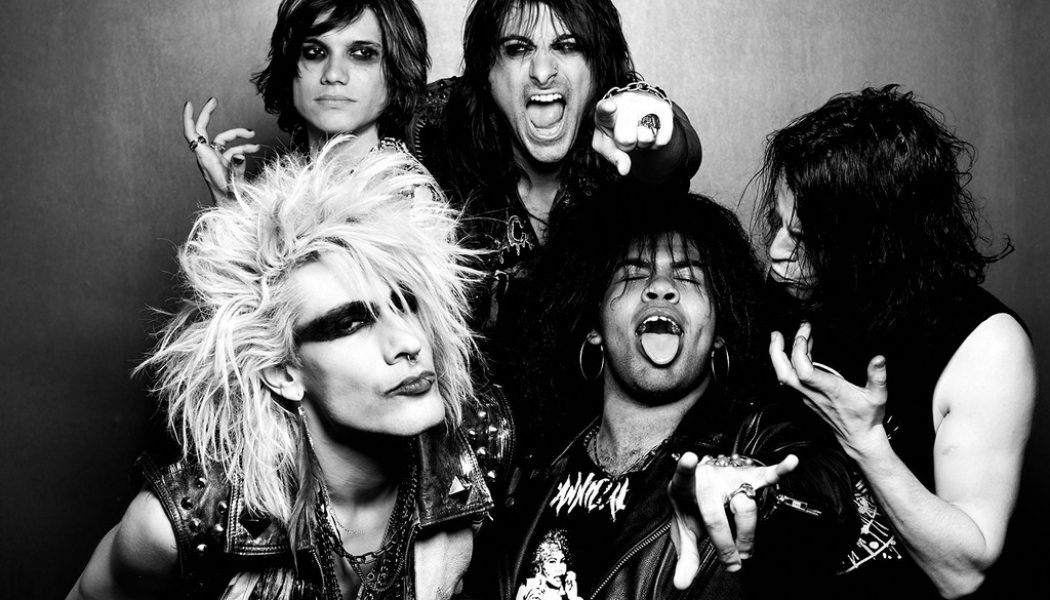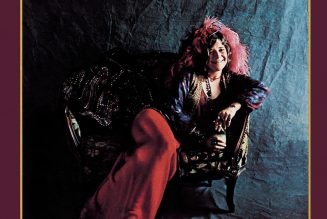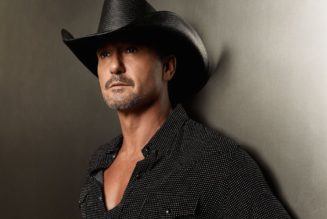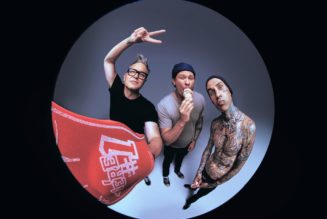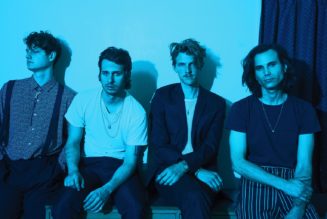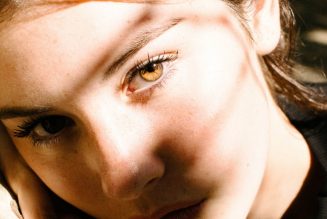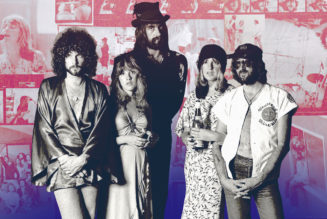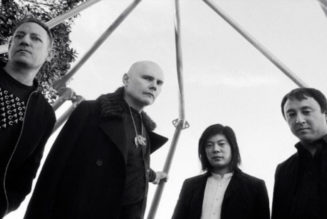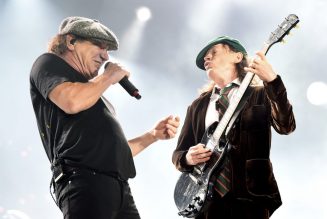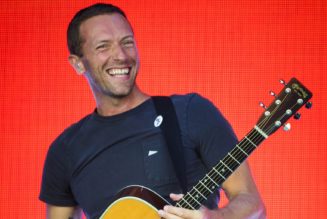
“Brother, I’m over it. I got songs to write… Time to focus on other things and how to be the best I can be, and finally be able to concentrate on music for a minute.”
That resigned email on Thursday morning (July 9) from Wildstreet frontman Eric Jayk was the final nail in the coffin of the 36-year-old singer’s dream of being the first rock band to bust through the COVID-19 lockdown, and put on the safest, hardest-rocking shows possible for his U.S. fans.
With 25 gigs in 30 days booked back in February for their Kings of the World Tour, as recently as June 23 the group sent out a press release announcing that they were hitting clubs across the country at a time when nearly every other live act was either postponing dates until 2021, canceling tours outright or moving to virtual gigs in order to comply with strict social distancing and capacity restrictions across the country. But when cases started spiking this week and the Lone Star state began to shut down again, the virus blew a Texas-sized hole in their routing, and Jayk was forced to pull the plug on what would have been a teased-hair canary in a coal mine step back into live touring.
In a series of emails and conversations with Billboard over the past week, Jayk bounced from excitement to trepidation and, at points, outright fear, about whether the tour was even still a good idea. One day he seemed excited to bust out of quarantine to hit the road and give his fans something to cheer about, confidently confirming that the shows would definitely go on, then turning around days later with an email confession that he was trying to put on a brave, confident face for his bandmates, but admitting that he was scared about the wisdom of getting in the van in the midst of a still-raging national health crisis.
Jayk shared that he’d been alone in his two-bedroom New York apartment since February, venturing out only to ride his bike in between exhausting bouts of vigorously sanitizing his living space, religiously practicing ashtanga yoga and writing new music as his side gig giving voice lessons had all but disappeared. All the while, he battled back and forth in his head about the tour possibly risking his health, that of his bandmates and his fans. “I’m doing my best to appear confident for the rest of my band, but I’m worried too,” he wrote in an email on June 18.
The decade-old band — whose look and sound harkens back to the heyday of late ’80s mascara metal had planned to be on the road for much of 2020, playing across the U.S., Mexico, Canada and Europe after completing a brief 10-day tour in February. But everything changed when the U.S. went into lockdown in early March.
“We’ve been waiting and waiting and waiting and all we knew for sure was that nothing would happen until after July 4,” he told Billboard earlier this week. In a constantly evolving situation, the tour was thrown into chaos again mid-week when a handful of shows in Texas were scrapped due to renewed lockdowns on public gatherings. Along with California and Florida, Texas is an emerging hot spot, setting a new record of 105 COVID-19-related deaths on Thursday, and tallying nearly 30,000 new cases between Tuesday and Thursday. With a suddenly week-long gap in their itinerary, and rising anxiety about whether the shows could go off without causing more spikes, the math just didn’t add up anymore.
“It’s been the most stressful couple of days ever,” he said on Wednesday, a day after emailing to confirm that the tour of 250-500-capacity venues was still on.
Describing how venues such as the Blue Note in Oklahoma City had sent very specific guidelines on their plans for the show, including mandatory masks, temperature checks and limited contact with fans, Jayk said he was more than willing to wear a mask onstage, and follow any venue-mandated safety protocols, if that’s what it took to make the gigs happen.
“I’ve practiced singing with a mask on, so it’ll be okay,” he said confidently, noting that as a voice teacher he knew how to adjust his tone do deal with the potentially muffled sound of his wailing vocals and joking that he was more than willing to cram a bottle of hand sanitizer into the pocket of his tightest jeans.
At a time when some venues are booking local acts at most or none at all, why tour now? Why not wait? “It’s crazy to go out on tour when there’s high risk and why would I want to do this?” Jayk said he asked himself. “I think people need live music. I think music will help people and it’s something… music is my life,” he said, noting that Wildstreet had launched the #saveourtour hashtag in an effort to get any club on their routing to give them a shot at playing a show.
Bob Juliano, the owner of Brandy’s on Main in Irwin, Pennsylvania — where the tour was slated to kick off on Friday night (July 10) — was looking forward to adding a national touring act to the smaller, local band shows he’s been hosting at the 288-capacity venue, which would have been scaled down to 144 for the Wildstreet show. “It was going to be the first big show we’ve did this year since redoing the venue and putting in a new sound system [then closing down in March], and we were excited about it,” he said, adding that would have been temperature checks at the door and masks encouraged until patrons got to their seats. The Wildstreet gig had sold around 120 tickets at press time and Juliano got the sense that people were eager to get out and see music again.
“We did have some trepidation about the show, since it was going to be our first one since all this stuff happened… but the atmosphere around here is people want to get out and do things and I feel they have a right do that that and we were going to try it and see what happened,” said Juliano. He’d exchanged dozens of emails with the band’s booking agent this week as they went back-and-forth about the date, how everyone was feeling about it and sharing their mutual desire to make sure everyone felt safe. He was on board until about 10 p.m. Wednesday night, when word came down from the tour’s booking agent that the outing was not happening. “Fine, when they’re ready we’ll do it in 2021 and we can kick off the tour for them then,” he said. “It might have been a little too soon.”
Wildstreet’s booking agent, James Cripps of Melbourne, Florida’s Blind Anxiety Entertainment, said the dates were originally booked in February around a scheduled appearance at Wisconsin’s Rock Fest festival, which was to take place on July 17 before it too was cancelled due to the coronavirus. “Rock Fest was one of the last ones to be cancelled and once that happened Eric was hopeful that he’d be one of the first rock bands to get out there and tour and take advantage of the pandemic subsiding,” said Cripps. But once cases started spiking in Texas they began talking about cancelling, rescheduling or adding last-minute fill-in dates to salvage the tour.
“We were putting our finger in the proverbial dike, but every time we did another hole popped open,” he said, praising the venues he’d worked with for all the precautions they were taking to keep patrons safe. “But I just don’t think people are ready to come out and be around other people in situations of 100 or more at a show or a festival.”
Though it felt to them like some rock fans were eager to get out of the house after months of lockdown, when the mandated wearing of masks heated up into a partisan national divide — in addition to what he described as a split among talent buyers who felt COVID was a dire safety concern, and others who said it was nothing but an “exaggerated flu” — Cripps, like Jayk, began to have second thoughts.
When the five Texas dates went away last week, Cripps (who’s had more than half a dozen of his other tours cancelled this year as well) scrambled to figure out a new routing. But ultimately, he told Jayk that the numbers were hard to square with such large distances and gaps in their formerly tight schedule.
“I try to be optimistic and be hopeful, but in my own private thoughts sitting at home discussing things with my wife I had a real gut feeling this wasn’t going to happen,” he said, adding he’s not even sure he’d feel comfortable going to a show right now. The silver lining he held on to was that sales of 125-250 tickets for half-full venues could still be profitable when merch sales were added in — but the potential upside of getting excited fans in front of their favorite band kept getting derailed by his fear that someone could get sick.
“I’d wake up one day feeling good about the tour and then I might read something in the news and my mind changes to, ‘Are we doing the right thing?'” he said.
Jayk said more than once that you’d have to “be crazy” to try and tour now, but he knows his band’s music makes fans happy, and he was confident his parents would understand his drive to try and tour in the middle of a devastating global health emergency. “I also don’t think I’m going to get sick because… I’ll do my best not to get sick,” he said earlier this week on the phone, with what sounded like tentative confidence before adding, “Its scary, man. I’m scared.” His feelings about the tour changed hour-to-hour, from bravado that Wildstreet would show people it could be done, to an admission that he doesn’t necessarily need to be the one to break the seal on live music again.
In his final email to Billboard after the tour’s cancellation on Thursday, Jayk reflected on the whiplash back-and-forth he’d been through over the past few days. “I hope you know I knew that everything you said [about why the band should be concerned about touring] I had thought in my head for weeks,” he wrote. “But I do appreciate you reminding me of it yesterday.”
[embedded content]
